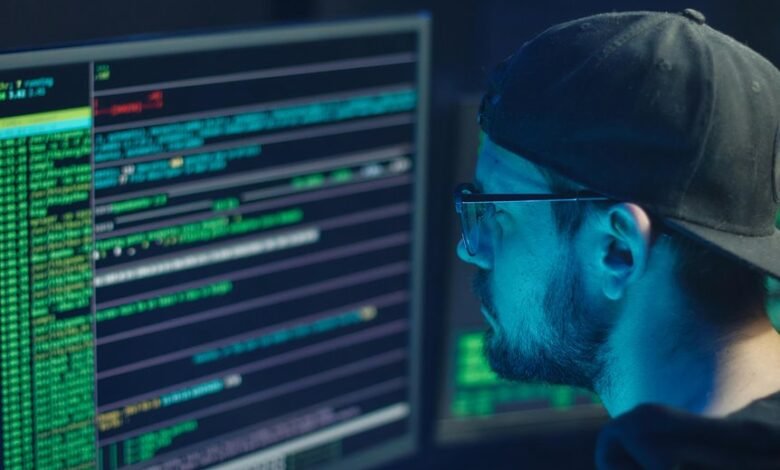Network Risk and Privacy Hotel: 7167454490, 8083194040, 2722304065, 6156758136, 4694479430, 6072536374

As a hotel guest, you might not consider the risks associated with hotel networks, but your personal information is vulnerable. Weak Wi-Fi security and poor monitoring practices can expose sensitive data, including phone numbers like 7167454490 or 8083194040. Understanding these vulnerabilities is crucial. What measures can hotel operators take to enhance security and protect your privacy? Consider the implications of inadequate safeguards as we explore best practices for securing hotel networks.
Understanding Network Vulnerabilities in Hotels
As guests rely on hotel networks for seamless connectivity, understanding the network vulnerabilities in these establishments becomes crucial.
Weak Wi-Fi security protocols can expose sensitive data, while inadequate network monitoring leaves systems open to attacks.
Best Practices for Enhancing Hotel Network Security
Addressing the vulnerabilities identified in hotel networks requires implementing robust security practices that safeguard guest data.
Ensure secure access by utilizing strong authentication methods and regularly updating access controls.
Employ data encryption to protect sensitive information transmitted over the network.
Regularly monitor network activity for anomalies, and conduct security audits to identify potential weaknesses.
These measures collectively enhance overall network security and protect guest privacy.
Protecting Guest Privacy: Responsibilities of Hotel Operators
While ensuring a secure network is crucial, protecting guest privacy remains a fundamental responsibility for hotel operators.
You must obtain guest consent before collecting personal data and implement robust data encryption methods to safeguard that information.
Tips for Guests to Safeguard Their Personal Information While Traveling
When you travel, safeguarding your personal information is essential to prevent potential breaches and identity theft.
Utilize strong password management techniques, such as unique, complex passwords for different accounts. Always enable two-factor authentication where possible.
Additionally, prioritize secure browsing by using a VPN on public Wi-Fi networks.
These proactive measures empower you to protect your data and maintain your privacy while enjoying your freedom.
Conclusion
In conclusion, safeguarding guest privacy in hotels is crucial, given the increasing threats to network security. For instance, a major hotel chain recently faced a data breach that exposed thousands of guests’ personal information, leading to significant financial and reputational damage. By implementing robust security measures, such as strong encryption and regular audits, hotels can protect their guests’ sensitive data. As a traveler, staying vigilant and aware of these measures can help you keep your information safe while on the road.





